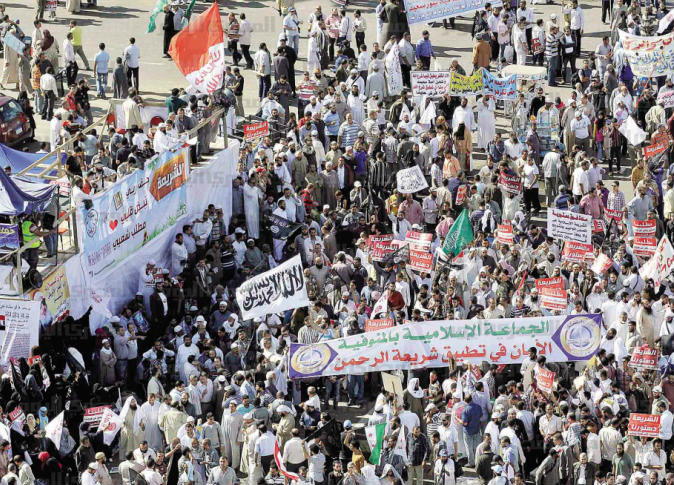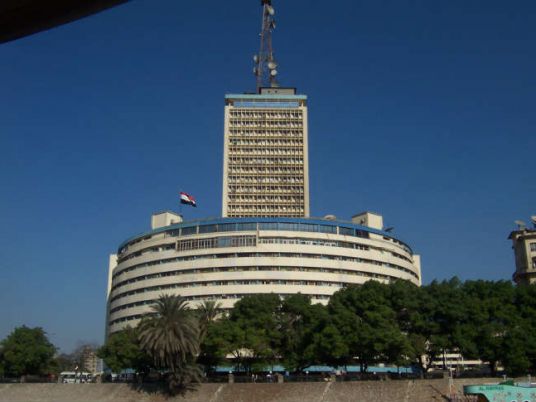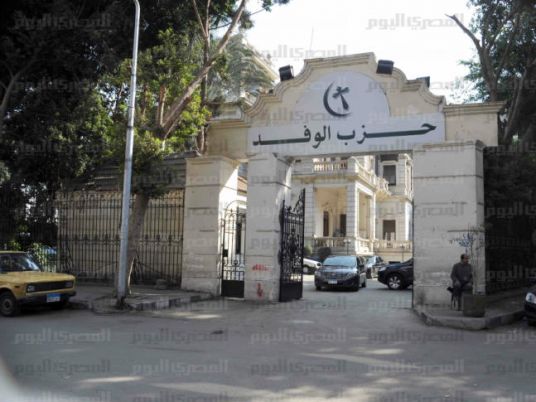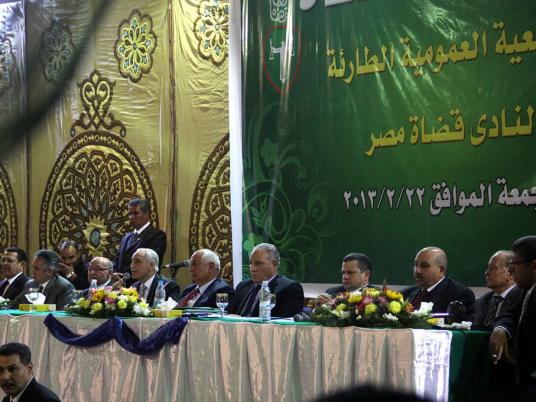
Some Salafis say the revolution has succeeded because it has ousted the Mubarak regime and ended his bequeathal project, while others believe it has failed because the Islamists are all behind bars again.
Shaaban Abdel Alim of the Nour Party believes the revolution has succeeded in achieving many of its goals, particularly freedom of opinion. “And now we are fighting corruption and introducing reform,” he said.
Abdel Alim stressed that the Brotherhood did not maintain the unity of the people. “Both Muslims and Christians stood in Tahrir Square,” he said. “But the Brotherhood drove a wedge between them for it to rule.”
“It was normal for the people to topple them on 30 June,” he said. “We now need to stop protesting and start building the country.”
Mohamed Galal of the Salafi Dawah said the revolution only succeeded in toppling Mubarak, but the Muslim Brotherhood wasted the other goals by allying with the remnants of Mubarak’s regime. He also attributed the failure to the weak political parties who ran after their own interest, leaving the field for the Brotherhood.
Radi Sharara of the Al-Watan Party, who fled to Turkey, said the Egyptians are capable of making of their revolution a success despite the “deep” state that stands against them.
Salafi preacher Osama al-Kousy said the January revolution did not succeed because it was a conspiracy by the Islamic currents against the Egyptian people. “Without the 30 June revolution, we would have ended like Syria, Iraq and Yemen,” he said.
Edited translation from Al-Masry Al-Youm




